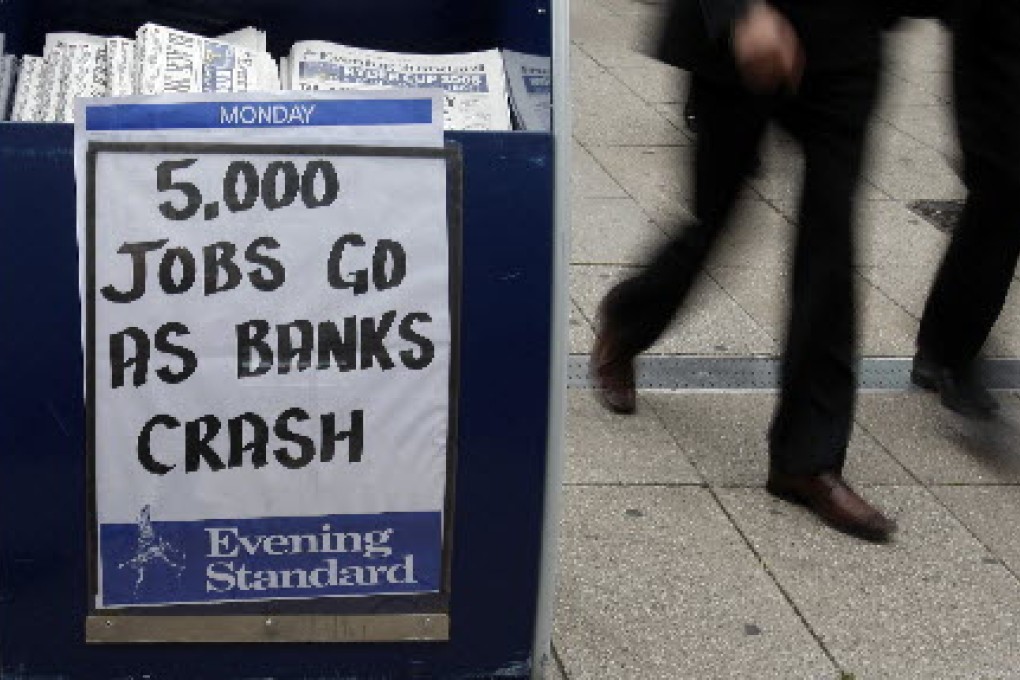World has not learned the lessons of crash triggered by Lehman's fall
Exactly five years ago, American finance officials pulled the plug on Lehman Brothers bank and triggered the most acute phase of the global financial crisis. After years of debate and reform, is the world financial system safer now? And have those most directly responsible for the crisis had their just deserts? On the first question, the jury is still out; on the second, definitely not.

Exactly five years ago, American finance officials pulled the plug on Lehman Brothers bank and triggered the most acute phase of the global financial crisis. After years of debate and reform, is the world financial system safer now? And have those most directly responsible for the crisis had their just deserts? On the first question, the jury is still out; on the second, definitely not.
Both questions are related, because nothing concentrates the minds of bankers and financiers more than the threat of jail. Take that penalty away and even the most sophisticated regulations will not have the full impact of deterring bankers from taking outsized risks that can crash the system.
Still, there have been positive developments. The feared backlash against globalisation has not materialised. And the crisis has not been completely wasted as an opportunity for major financial reforms. Regulators have been able to impose the so-called Basel III reform package on the world's largest banks. In the US where the crisis originated, financial watchdogs have been busy implementing the highly complex Dodd-Frank reform law. However, Basel III has been much watered down. The date for full implementation has been pushed back; the reserves and cash banks must keep as a buffer have been lowered; and assets that qualify as reserves can now count lower-grade and less liquid investments than previously envisaged. Meanwhile, Dodd-Frank is so complicated that regulators have missed most deadlines set for implementation.
On the question of punishment, it may be worth comparing the prosecutorial records of the earlier savings and loans collapse with the US subprime housing crisis. According to a US Justice Department analysis, 1,852 savings and loans officials were prosecuted, and 1,072 went to jail between 1990 and 1995. Another 2,558 bankers were also jailed for offences related to the 1980s financial scandal. But who has been prosecuted in relations to the latest crisis, which caused much more damage to the US and global economies? You would be hard-pressed to identify any recognisable names, despite hundreds of civil lawsuits against disgraced bankers and finance institutions, and nine-figure settlements with investment banks such as Goldman Sachs.
It's difficult to curb bankers' recklessness when most continue to hold a get-out-of-jail-free card.